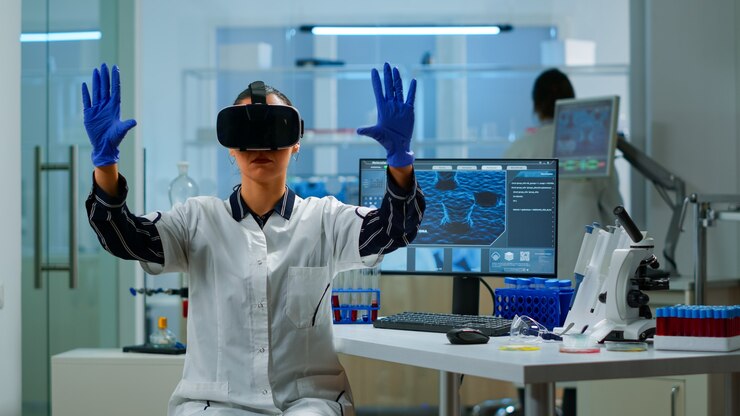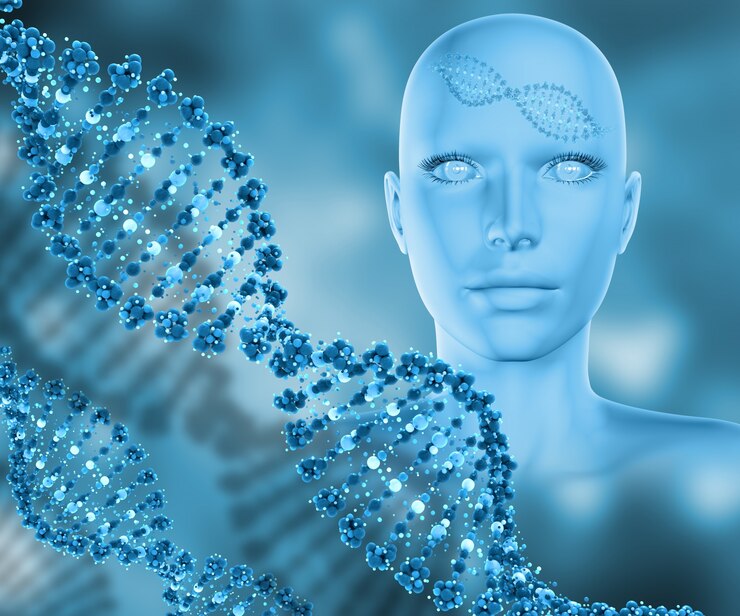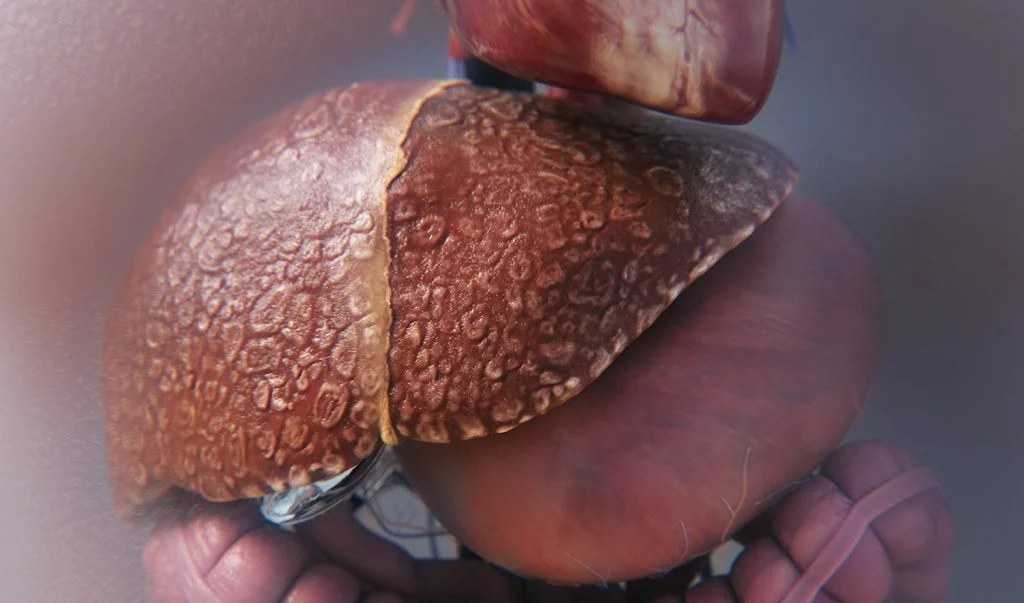
Artificial Intelligence in Disease Diagnosis
Embracing AI in Disease Prediction and Reinventing Diagnosis Ecosystem
Artificial intelligence now a days touching every dimension of the medical industry. Quick results and reducing human errors, inclining towards innovation are few of the aspects enabling AI role in medical science. Artificial Intelligence could be the major driving factors in the future when it comes to disease diagnosis and setting treatment plan. Highly intensive research-oriented institutions are discovering the numerous ways to integrate Artificial Intelligence in disease prediction.
For instance, Artificial Intelligence utilized in detection of diabetic retinopathy, lung cancer, breast cancer, various other diseases. It has also been utilized in predicting sign of anemia from human eye.
Role of Artificial Intelligence primarily perceived as a quick action in deciphering MRI, X-rays, and CT scan report. Clinician promptly able to design best suited treatment plan for patients with the help of artificial intelligence. In United states, nearly 5-8% outpatients receive an incorrect diagnosis result, which could be eliminated by using AI.
Role of AI could be classified as:
- Enabling Quick Response and Error Free Action
- Covering Wider Disease Dimension
- Improving Medical Care
- Assisting Clinicians with Decision-Making Process
- Formulating and Developing Personalized Treatment Plans
~85% of clinician across United Kingdom are ready to use AI in diagnosis. Approximately, 65-70% feel, they could use it for setting up treatment plan.
Gaps Still Persist:
- Though Artificial Intelligence has made remarkable progress in the last few years, but gaps remains, according to several studies, it failed to make assessment beyond disease term, only responsive to when, used for similar population.
- Due to changing disease complexities, its application across disease seems impracticable soon.
- Its true, AI helps in reducing healthcare resource burden, but using AI in medical science required certain expertise, which need to be filled.
- Large number of clinicians are ready to adopt AI in their diagnosis settings, while integration remains a challenge.




